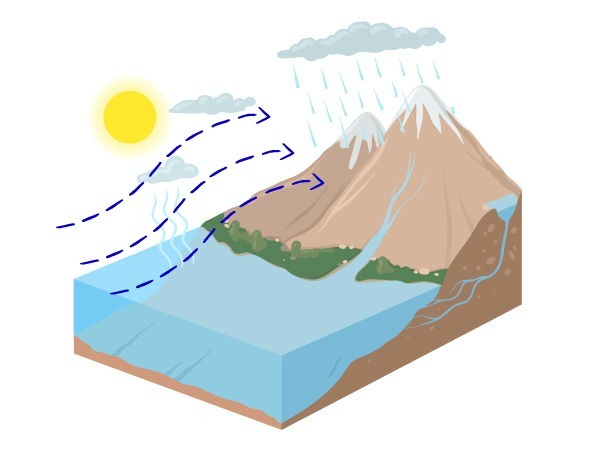At global cities they represent the world metropolises that have a complex structure and great importance and influence in the world and, therefore, they are also called world cities. The term was first used by sociologist Saskia Sassen, in order to distinguish them from megacities in the classification of urban hierarchy.
According to urban hierarchy, global cities are at the top of the hierarchy. They have undergone significant changes in their structure as a result of the globalization process. They thus correspond to the world's urban, cultural, financial, economic, political and industrial centers with the greatest development in the world.
Furthermore, they generally have a high population density and quality of life, for example, New York, London, Paris and Tokyo. In Brazil, the two cities that are included in the category of global cities are São Paulo and Rio de Janeiro.
Megacities, Technopoles and Global Cities
The concept of megacity is closely related to that of global cities, since both are urban centers that have strong
urbanization and development. As far as megacities are concerned, they have a high population density, that is, they have more than 10 million inhabitants, for example, São Paulo and Mexico City.Note that the megacities point in quantitative terms, while global cities in qualitative terms. It is important to note that a megacity can also be considered a global city.
Thus, global cities, in addition to having a high population, have better quality of life and infrastructure, for example, an advanced transport system, international airport, communications network, large multinational companies, industries, among others.
The Tecnopolos Cities, on the other hand, as the name suggests, are cities that present great technological development and, therefore, bring together researchers, workers and students in the area. The most important Technopole Centers in Brazil and in the world are: São Carlos, São José dos Campos, Campinas, London, Munich and Paris.
Also read the article: Metropolises and Megalopolises.
Classification
In total, around 60 cities in the world are considered global cities, most of which are concentrated on the European continent. According to the level of influence they exert, global cities are hierarchically divided into three types:
- Alpha cities: São Paulo, New York, London, Tokyo, Hong Kong, Shanghai, Paris, etc.
- Beta Cities: Rio de Janeiro, Bogota, Lisbon, Berlin, Rome, Athens, Vancouver, etc.
- Range cities: Curitiba, Quito, Washington, Marseille, Lyon, Turin, Antwerp, etc.



